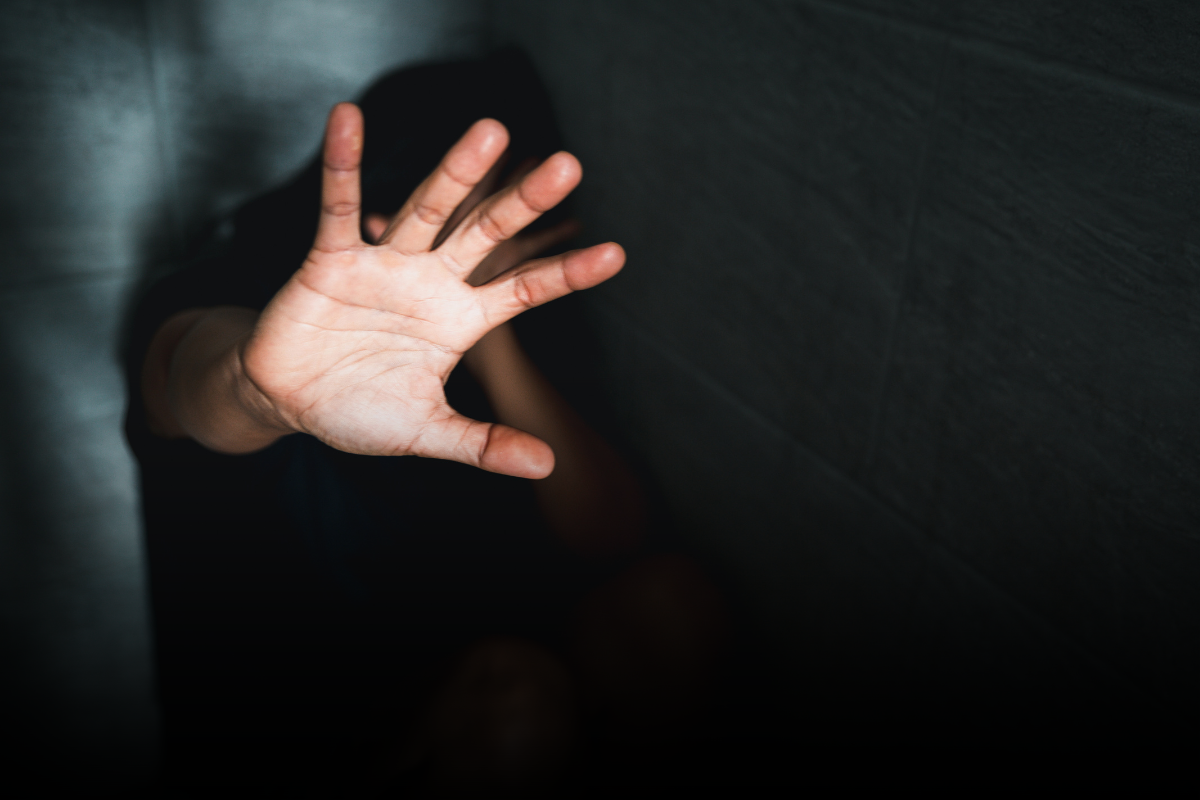Introduction
In North Carolina, a domestic violence hearing is a pivotal step in resolving protective order requests and criminal charges involving family or household violence. If you’ve been served with a notice of hearing or you’ve filed for protection, it’s important to understand what the process involves, what to expect, and how to prepare.
This blog walks you through the domestic violence hearing process in NC—from the filing of a complaint to the final judgment—and explains what both petitioners and defendants should know about their rights and responsibilities.
What Triggers a Domestic Violence Hearing?
A domestic violence hearing usually follows one of two events:
- A petition for a Domestic Violence Protective Order (DVPO)—also known as a 50B order
- An arrest and criminal charge for domestic assault or abuse
In either case, the court schedules a hearing to determine if abuse occurred and what relief or penalties are appropriate.
Who Can File for a Domestic Violence Hearing?
Under North Carolina law, a person can request a DVPO if the abuse was committed by:
- A spouse or former spouse
- Someone they live or lived with
- A person with whom they share a child
- A romantic partner (current or former)
- A family member
If you fall into one of these categories and have experienced physical harm, threats, stalking, or harassment, you may qualify to request a protective order under NCGS § 50B-1.
Temporary vs. Permanent DVPO Hearings
When a DVPO is first requested, the court may issue an ex parte emergency order—a temporary protective order issued without the abuser present. This typically lasts 10 days until a full hearing is held.
At the full DVPO hearing, both parties are present, and a judge decides whether to:
- Dismiss the order
- Extend it into a one-year DVPO
- Add or remove specific restrictions (custody, firearms, residence)
What to Expect During the Hearing
Here’s a step-by-step breakdown of a domestic violence hearing in North Carolina:
1.
Check-in and Courtroom Procedure
- Both parties check in with the court clerk.
- The case is assigned to a judge (not a jury).
- Each side waits until their case is called.
2.
Opening Statements (Optional)
Each side may present a short opening statement summarizing their version of events.
3.
Presentation of Evidence
The petitioner (the person who filed for the order) goes first:
- Describes the abuse or threats under oath
- Presents evidence: texts, photos, medical reports, police reports
- May bring witnesses to testify
Then the defendant has a chance to respond:
- Testify under oath
- Present evidence that disproves the allegations
- Cross-examine the petitioner and witnesses
4.
Judge’s Decision
After reviewing all testimony and evidence, the judge decides whether the petitioner has proven the case “by a preponderance of the evidence.” If so, the judge may:
- Grant a one-year DVPO
- Order custody, visitation restrictions, or support
- Require the defendant to surrender firearms
- Order counseling or anger management classes
If the evidence is insufficient, the judge may dismiss the case.
Criminal Charges and Protective Orders
Sometimes, a domestic violence hearing is separate from criminal proceedings. But in many cases, a protective order and criminal charges happen in parallel.
In these cases:
- Statements made during the DVPO hearing can be used in criminal court
- The protective order may influence bail, plea deals, or sentencing
- Violating a DVPO is a criminal offense that can lead to jail time
If you’ve been charged with domestic violence, consult with a qualified defense attorney immediately.
Do You Need a Lawyer for a Domestic Violence Hearing?
Yes. Whether you’re seeking protection or defending against a false accusation, a domestic violence hearing can affect:
- Your custody rights
- Your ability to return home
- Your criminal record
- Your employment and gun ownership rights
A skilled attorney can:
- Help you collect and present evidence
- Cross-examine witnesses
- Ensure your rights are protected in court
- Negotiate or challenge restraining orders
Martine Law is here to guide you through every step with clarity and confidence.
What Happens If You Miss the Hearing?
If the petitioner misses the hearing:
- The temporary order is typically dismissed.
- The case may be closed unless refiled.
If the defendant misses the hearing:
- The judge may grant the DVPO by default.
- You may lose rights without presenting your side.
- A warrant may be issued if criminal charges are involved.
Always attend your hearing unless your attorney advises otherwise.
How to Prepare for Your Hearing
- Collect evidence: messages, photos, time-stamped records
- Write a timeline: clear sequence of events to refer to during testimony
- Bring witnesses: family, friends, neighbors, or professionals
- Dress professionally and arrive early
- Practice your testimony with your attorney
Also review the court’s domestic violence process on the NC Judicial Branch site.
After the Hearing
If the judge grants a DVPO:
- You may receive a written copy immediately
- It is enforceable across all counties in NC
- Violations can result in criminal penalties, including jail
If the DVPO is denied, the petitioner may appeal or file again with new evidence. The defendant’s record may still reflect the accusation, so clearing your name may involve expungement or further litigation.
Final Thoughts
Domestic violence hearings in North Carolina are fast-paced and emotionally charged, but they carry real legal weight. Whether you’re seeking protection or defending yourself against false allegations, preparation and legal guidance are crucial.
Let Martine Law help you navigate the process and advocate for your rights in court.



